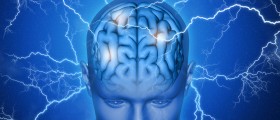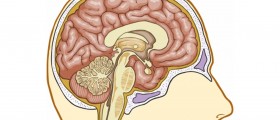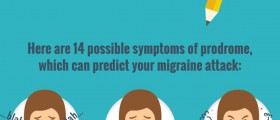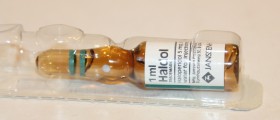First off, my mother passed from SUDEP so I am hypersensitive to seizures having taken care of her alot during my childhood.
My boyfriend has these fits sometimes in his sleep, the symptoms he describes sound like sleep paralysis (feeling awake yet unable to move, terrified, hallucination, etc). Sometimes he will grunt and I can tell it's in distress and I sit with him and calmingly talk to him and reassure him till it passes.
The strange part is that during the day it happens he almost has auras where he feels his hands are spatially incorrect or feels "trippy" (just like my mom would describe) and on those days it typically happens.
.my question is does sleep paralysis usually come with auras? Or could he be experiencing a lower level seizure what they used to call a petite Mal.
Loading...
I'm very sorry to hear about your mother, and I understand why you'd be concerned about your boyfriend's symptoms.
Sleep paralysis and seizures are distinct phenomena, though they can have overlapping symptoms. Here's a brief differentiation between the two:
-
Sleep Paralysis: This is a temporary inability to move or speak while falling asleep or upon waking. It can last several seconds to a few minutes. During an episode, a person might feel pressure on their chest or a sensation of choking. Hallucinations can occur with sleep paralysis, making the experience even more terrifying. Typically, sleep paralysis doesn't have an "aura" as seizures might.
-
Seizures: A seizure is an uncontrolled electrical disturbance in the brain. There are several types of seizures, including the ones you mentioned—previously referred to as "petit mal" but now known as "absence seizures." These can involve subtle body movement and short lapses in attention. Auras, which are considered a type of focal (partial) seizure, can manifest in various ways: a sudden sense of fear, déjà vu, or unusual sensations. Auras might be followed by more substantial seizure activity, but not always.
Even if these episodes aren't seizures, they're clearly distressing for your boyfriend and impact his quality of life. A detailed medical evaluation, including possibly an EEG (electroencephalogram) to monitor brain electrical activity, can provide more clarity on what he's experiencing.
Loading...








